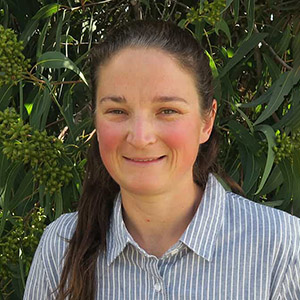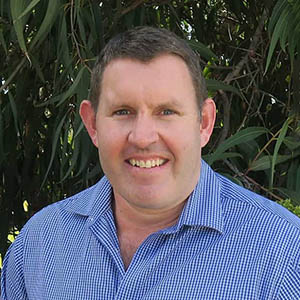Connect and collaborate
We are looking for researchers, students, funding and partners to help take our research to the next level.
Fish tagging (using implanted Passive Integrated Transponders (PIT) tags) enables the movements of fish to be ‘seen’ and understood at a range of spatial scales across the Murray Darling Basin and the eastern coastal river systems. The PIT detection system is connected to a cloud-based database, FishNet which receives data from each of the tracking stations every minute and can summarise fish movements on a range of spatial and temporal scales. The system presently tracks the movements of over 40,000 PIT-tagged fish. However, tagging efforts have declined recently and many of the tagged fish have since died from natural causes. Government agencies require assistance to enhance the pool of tagged fish and community groups are eager to be involved. Increasing the number of tagged fish will improve the veracity and volume of data around fish movements, which in turns helps make better decisions.
Project name :
Citizen Science: Integrating community groups into basin-scale fish tagging and recovery programs
Funding: One Basin CRC $349,700
One of the significant contributions of citizen science fish tagging programs is the extensive and geographically diverse datasets they generate. Another advantage of citizen science programs is their ability to involve many participants, resulting in increased data collection capacity. The collective efforts of citizen scientists significantly enhance the spatial and temporal coverage of monitoring efforts, enabling researchers to analyse long-term trends and detect fish population changes that may not be feasible through traditional research approaches alone.
This project consists of four components:
1) Workshops and training program
The project team will conduct workshops and training to further engage and build collaborative relationships with recreational anglers across the Murray-Darling Basin.
2) Interviews with workshop and training session participants
At the conclusion of the workshop and training program, participants will be invited to participate in a short interview (10-15) concerning their motivation to participate in such programs.
3) Wide scale participation in PEBS Survey
The partner organisation OzFish Unlimited will circulate an invitation to participate in the PEBS Survey through it’s newsletters, websites and communication networks.
4) Proof of concept (analysis of FishNet data pre and post workshops and training program).
Validate the proof of concept by analysing the data from FishNet around the geographical location of the workshops. The project outcomes will be communicated to end-users and participants through partnering organisations newsletters, websites, communication networks and academic publications.
It is anticipated that the program framework will be used as a template using the application of new technologies (e.g. fish tagging) by citizen scientists while meeting the basic animal care requirements with potential for scale-out in the MDB and integrate these groups into government initiatives as trained and trusted partners.
Outcome 1. Deliver a novel citizen science program to tag fish through four organised workshops/training sessions with relevant community members interested in fishery science and river health.
Outcome 2. Investigate data from PIT detection systems (FishNet) around the locations where workshop participants are located.
Outcome 3. Gain insights into the pro-environmental attitudes and behaviours of recreational anglers and community members interested in fishery science and river health.





Doyle, K., Lampard, B., & Copeland, C. (2024). Integrating citizen scientists into fish tagging programs in the Murray-Darling Basin. Paper presented at Integrating citizen scientists into fish tagging programs in the Murray-Darling Basin.
We are looking for researchers, students, funding and partners to help take our research to the next level.